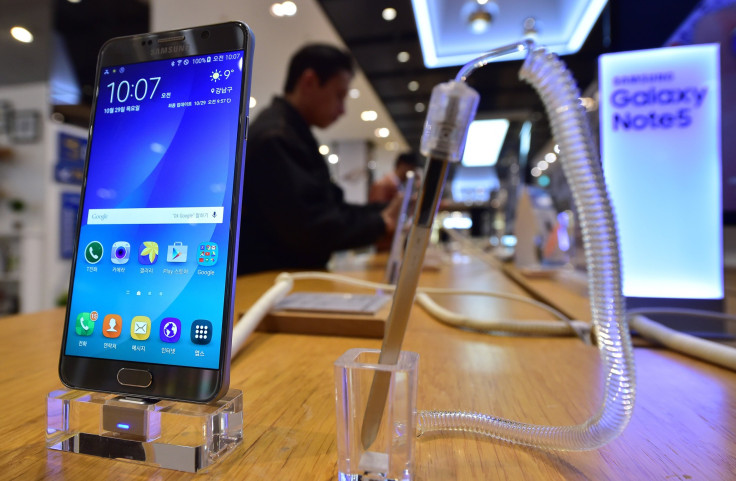Best Time To Buy An Android Phone? Six Months After Launch, Research Says

Big discounts on newly released Android phones sound like great news, but it's a worrying sign for manufacturers. A free Samsung Galaxy S6 with the purchase of a 4K TV soon after launch could mean that the company was struggling to sell devices at their original price. With poor software differentiation, comparison shopping and the desire to bring new customers into their ecosystems, Android makers are finding it hard to charge iPhone-level prices for their high-end offerings.
On Android, discounting newly released devices is a trend that's been slowly building. The HTC One M9 was available in August with 25 percent off its $649 asking price, while in July T-Mobile took $120 off the LG G4's $599 price tag. Both phones only launched in April. It's not just HTC and LG: Research from Idealo shows that Samsung Galaxy discounts are getting bigger and bigger. Each successive Galaxy flagship device receives bigger discounts post-launch than its predecessor.
Idealo told International Business Times that 22 weeks after launch, the 32GB Galaxy S6 had lost just over 24 percent of its value. At the same point after launch, the 16GB iPhone 6 had lost less than 3 percent of its value.
These price cuts are not a good sign for industry profitability. Apple takes 94 percent of smartphone industry operating profit, while Samsung takes 11 percent. Those numbers add up to over 100 percent because of the losses incurred by other companies. The iPhone 6s Plus starts at $749, a high price point that consumers are still willing to pay.
Apple, a company that combines high desirability with a fully integrated experience, doesn't have to play by the same rules as its Android competitors. "You have to look at Apple as more of a religion," said Ken Dulaney, an analyst at Gartner. "People will pay whatever they have to as part of a religion. When it’s just a product people shop for lower prices."
Race To The Bottom?
Ryan Reith, an analyst at IDC, explained that companies like Samsung have to compete with other offshore Android makers, which drives prices down. "The past three years, we've seen a huge influx of mainly Chinese manufacturing, at an extremely low cost," he said. When customers are comparing two phones that look and feel very similar, it can be hard to convince them that the high-end device is worth the premium price.
Amid disappointing sales for the Galaxy S6, Samsung this week said mobile chief J.K. Shin will step down from his role.
But it might not be all bad news. Daniel Gleeson, an analyst at IHS, said that Samsung may be playing a longer-term game with lower prices. Future hardware products like the Galaxy VR headset have the potential to build up a new ecosystem, and lowering prices on products now means Samsung could get more consumers on board.
That doesn't mean Samsung will rely solely on peripherals to attract consumers. On the phone side, Samsung's reputation as a technology innovator could play to its advantage in future devices. "HTC were massively successful for one or two years, but they faded away because they couldn't repeat that differentiation," Gleeson said.
It's not just hardware where manufacturers can differentiate. Julie Ask, principal analyst at Forrester, sees Samsung's Tizen OS as a sign that it understands the importance of software. But it's not just about which apps are where, or what the interface looks like. "Longer term it is the virtual assistants, wallets, etc. that will win over consumers," she said in an email. If Samsung wants to hit those iPhone 6s price points, it may need that differentiation.
© Copyright IBTimes 2024. All rights reserved.





















